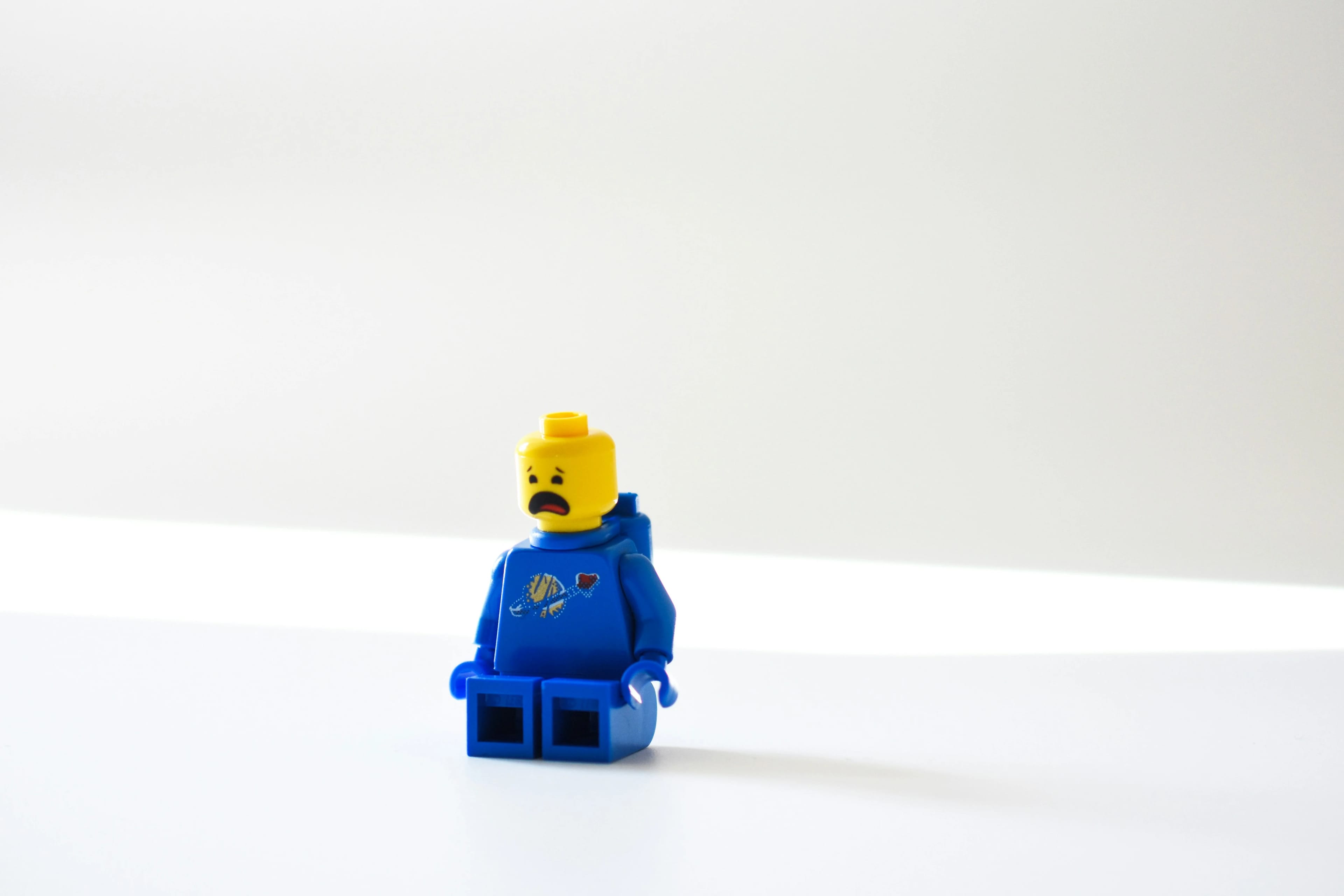Think Therapy Is About Helping to Prove You're Right? Here's the Truth

Think Therapy Is About Helping to Prove You're Right? Here's the Truth
Somewhere out there in a parallel universe...
Sam wakes up rested and notices a wave of sadness from yesterday. Before breakfast, a close friend calls and asks, "You seemed quiet last night — how are you feeling?" Sam shares what's going on, and the sadness feels lighter.
Later that day at work, Sam feels a sharp rush of anger after a tense meeting. Instead of holding it in, Sam takes a short walk outside, breathes deeply, and later talks it through with a colleague who listens without judgment. The anger fades. Sam feels better.
That evening, Sam is excited to show a neighbor their growing collection of antique doorknobs. The neighbor laughs warmly, not at Sam, but with Sam — genuinely curious about the stories behind each piece.
In this world, Sam moves through the day knowing that every feeling — sadness, anger, or joy in quirky passions — has a safe place to land. Sam feels safe, regulated, and soothed in their body.
But most of us don't live in that kind of world.
Back on earth... Sam grows up hearing, "Don't cry, be strong," so sadness gets buried instead of expressed. At work, anger is dangerous. The boss calls it "unprofessional", so Sam swallows it down, only to snap later at home at their partner. And when Sam once shared that love of antique doorknobs in school, classmates laughed. So Sam learned to hide parts of himself to stay safe.
Layer by layer, culture, family, and past experiences condition Sam's responses. Instead of emotions flowing freely, they get suppressed, distorted, or turned against the self.
Over time, the body stores the tension, the mind builds defenses, and relationships repeat the same cycles.
This Is Where Innerwork / Therapy Comes In
A lot of people come to therapy or innerwork coaching expecting a referee — someone to declare, "You're right, they're wrong," or "Here's how to win that argument."
But therapy isn't about proving who's right.
Therapy helps you:
- Understand where your thoughts and feelings come from — tracing sadness, anger, or shame back to the moments and environments where they were first shaped.
- Recognize patterns — noticing how old survival strategies still show up today, even when they no longer serve you.
- Build new skills — learning to regulate emotions, express needs, and communicate without falling into the same fights.
- Reclaim parts of yourself — the quirks, curiosities, and feelings you once hid to stay safe.
Frustrated at someone or a situation?
Every time Sam goes to work, Sam gets frustrated at their boss. But... the story goes deeper.
So often, we think other people are the source of our frustration — the partner who doesn't listen, the boss who criticizes, the friend who cancels plans.
But beneath those reactions, therapy often reveals something deeper: our early life.
Maybe a dismissive boss stirs up the same feeling as a parent who never noticed your efforts. Or a partner's silence reactivates the ache of being ignored as a child.
Our minds create stories and projections, filling in the present with patterns from the past. Without realizing it, we're often not just reacting to them — we're also reacting to old wounds that never got the space to heal.
Therapy Is Not About Winning
At its core, therapy is about making sense of yourself. It's the work of turning automatic reactions into conscious choices, and of seeing your own story with enough clarity to rewrite the next chapters.
It doesn't hand you a trophy for being right. It gives you something more valuable: insight, tools, and the safety to grow into a fuller, freer version of yourself.
In therapy, your feelings aren't judged as right or wrong. They're seen as signals — shaped by your history, your environment, and the ways you've learned to cope. A burst of anger, a wave of sadness, or even shutting down in silence all make sense when you look at where they came from. The therapist's role isn't to tell you which feelings are valid and which aren't, but to help you trace them back to their roots and discover how they influence your present.
The same goes for conflicts. In arguments with a partner or friend, therapy doesn't take sides. Instead, it asks: What old story is getting activated here? What need is going unmet? How can you respond differently this time?
Why you might be looking for therapy to prove you're right
You could be one of the below:
-
Conflict-Oriented Seekers
- Often come in after fights with a partner, family, or coworker.
- They want therapy to be a referee, hoping the therapist will side with them.
- Underneath: they may feel unheard or invalidated in relationships, so they crave someone authoritative saying, "You're right."
-
Validation Seekers
- People carrying a lot of self-doubt or guilt.
- They want therapy to confirm they're not "crazy" for feeling what they feel.
- Underneath: often linked to childhood experiences where feelings were dismissed ("Don't cry," "Stop being dramatic").
-
Rule-Followers / Black-and-White Thinkers
- People who grew up in environments with rigid rules (strict parenting, religious households, achievement-focused schooling).
- They're conditioned to believe there's a "correct" way to feel or act.
- In therapy, they initially want the "answer key."
-
Control-Oriented Clients
- High-achievers or perfectionists who believe in "doing therapy right."
- They want to know the "right" steps so they don't fail at therapy.
- Underneath: fear of being out of control or vulnerable.
-
Anxious Attachments
- Those with anxious-preoccupied attachment styles often fear being wrong or abandoned if they don't get reassurance.
- They use "Am I right or wrong?" as a way to secure connection.
-
The Intellectualizers
- These are people who lean heavily on logic, analysis, and debate as a way to avoid uncomfortable emotions.
- They might approach therapy like a philosophy seminar: "Who's right? What's the rational answer?"
- Underneath: intellectualization protects them from the vulnerability of sitting with pain, sadness, or fear. If the focus stays on "facts" and "logic," they don't have to feel what's actually happening inside.
How can you start?
If you're curious to start uncovering your own patterns and to understand how they shape your relationships, check out Attached. The app helps you explore your unique psychology blueprint and deepen your connections with others, giving you a practical way to begin the kind of self-discovery therapy makes possible.

